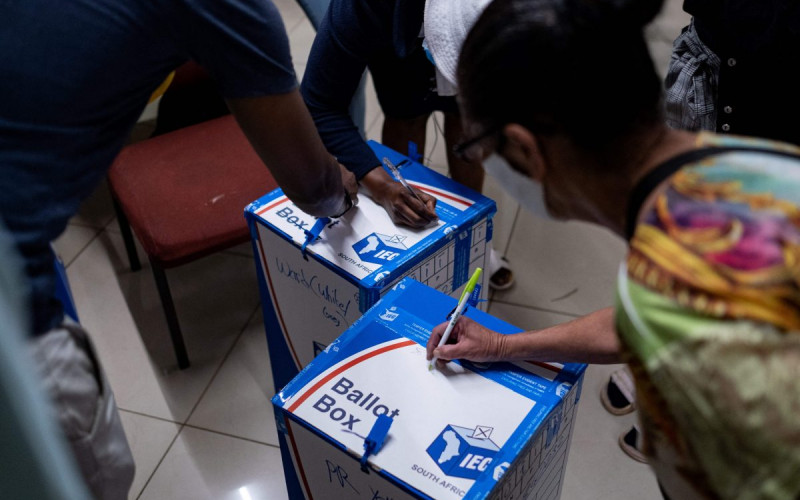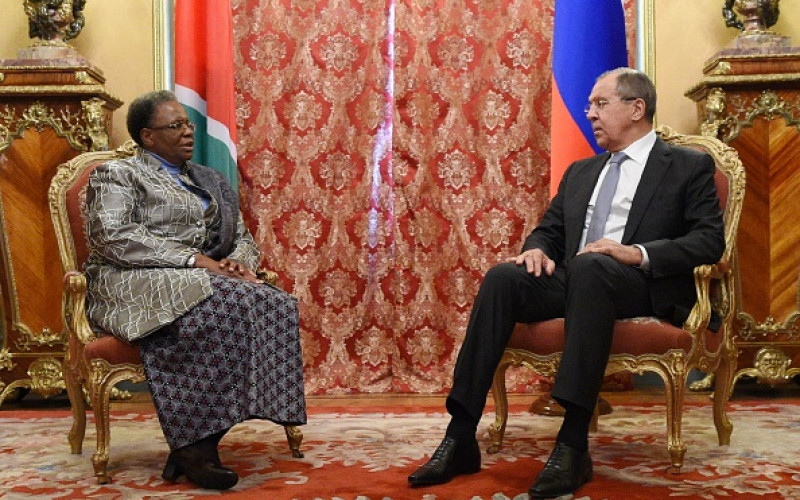As democratisation unfolded in countries such as Brazil, India, Indonesia and South Africa, it was hoped that these states would find common ground with more established democracies. While emerging and established democracies have collaborated in responding to grave human rights abuses in Myanmar, North Korea and Libya, among others, serious cleavages remain. Global South countries favour sovereignty, non-intervention and economic interests over values such as accountability for human rights abuses. States also fear inviting criticism of their own human rights records. The growth of transnational advocacy in both the North and South has amplified the impact of non-governmental organisations (NGOs), allowing them to exert more pressure on states. Advocates and researchers can do more to raise awareness and demand state action on key issues.






